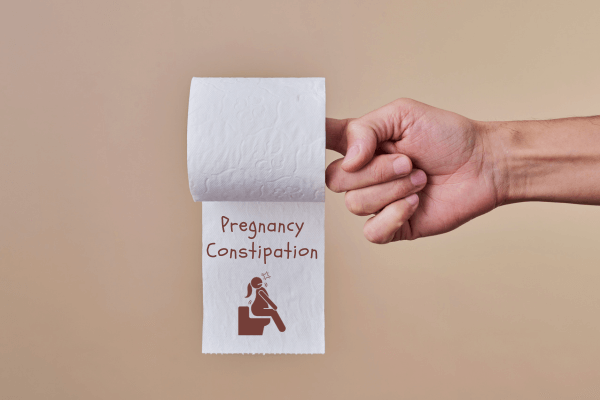Introduction
Prenatal care, also known as antenatal care is a key part of maternal health care. Prenatal care can usually be seen as split into 3 stages alongside the 3 pregnancy trimesters:
First trimester: During this stage, a woman will typically have her first prenatal visit, which may include a physical exam, blood tests, and ultrasound to confirm the pregnancy and check for any potential complications or risks of developing complications. The doctor might also prescribe any prenatal supplements and dispense advice on what to do and what to avoid during the pregnancy.
Second trimester: During this stage, a woman will typically have regular prenatal visits to monitor the growth and development of the fetus, check the mother’s health, and perform additional tests if necessary.
Third trimester: This is the last trimester and the run up to delivery. During this stage, a woman will continue to have regular prenatal visits, but may also have additional appointments to monitor for any signs of labor or in cases of risky pregnancy to monitor for mother and baby’s health more closely.
Prenatal care includes regular prenatal/antenatal visits, monitoring the health of the expectant mother, and providing the necessary medical advice and support. It plays an important role in ensuring the well-being of both mother and child during pregnancy and after. In this article, we discuss the importance of prenatal care in achieving a healthy pregnancy.
Early detection and treatment of pregnancy complications
Promote healthy lifestyles
Emotional support and education
Monitoring Fetal Growth and Development
The Role of prenatal care in reducing maternal and child mortality
Community and social support
The role of prenatal care in promoting parent-child bonding
Birth Care and the long-term health effects of Mother and child
Ensuring adequate maternity insurance
Improving postnatal care and recovery
Click here to watch our quick video guide on Prenatal Care!







